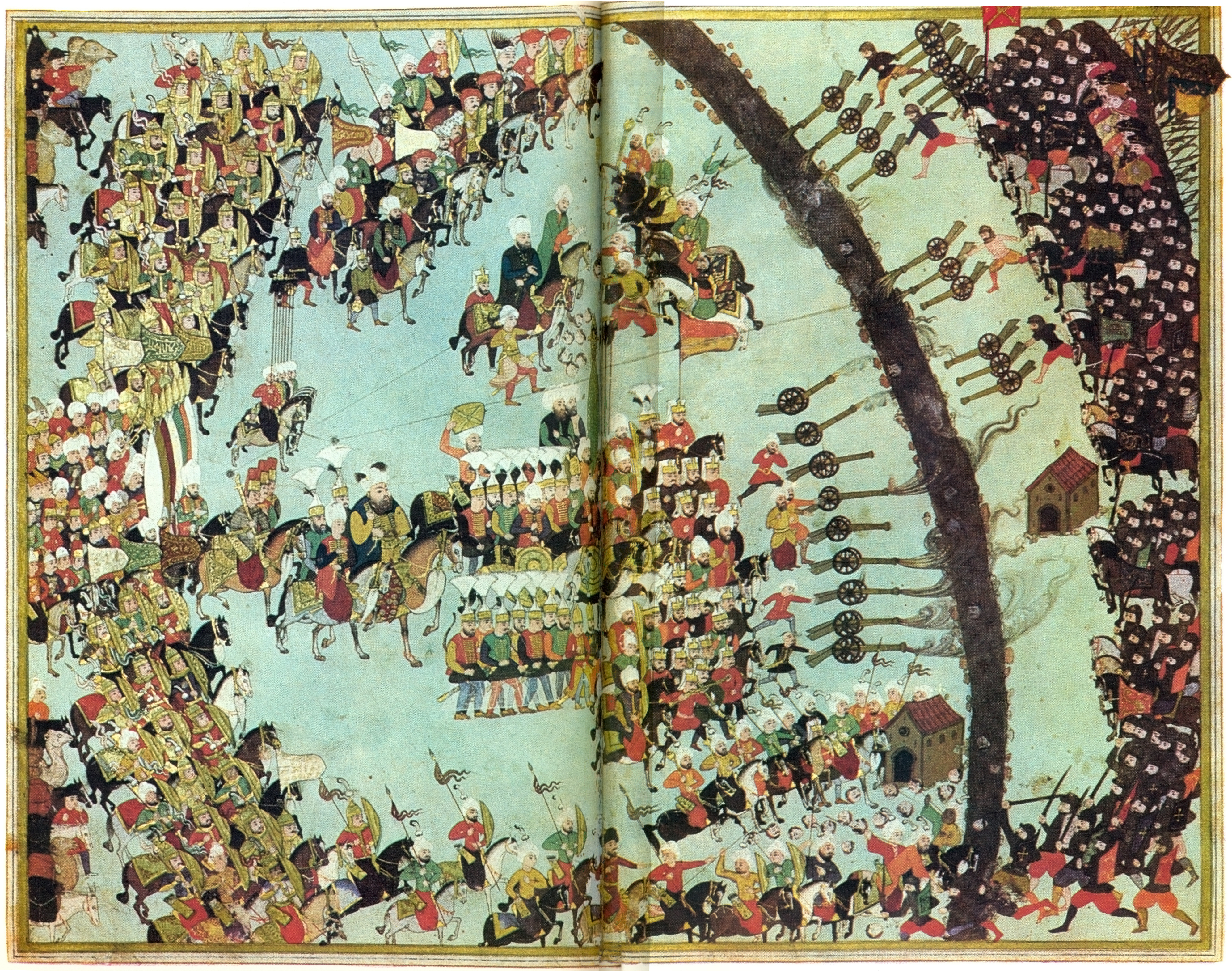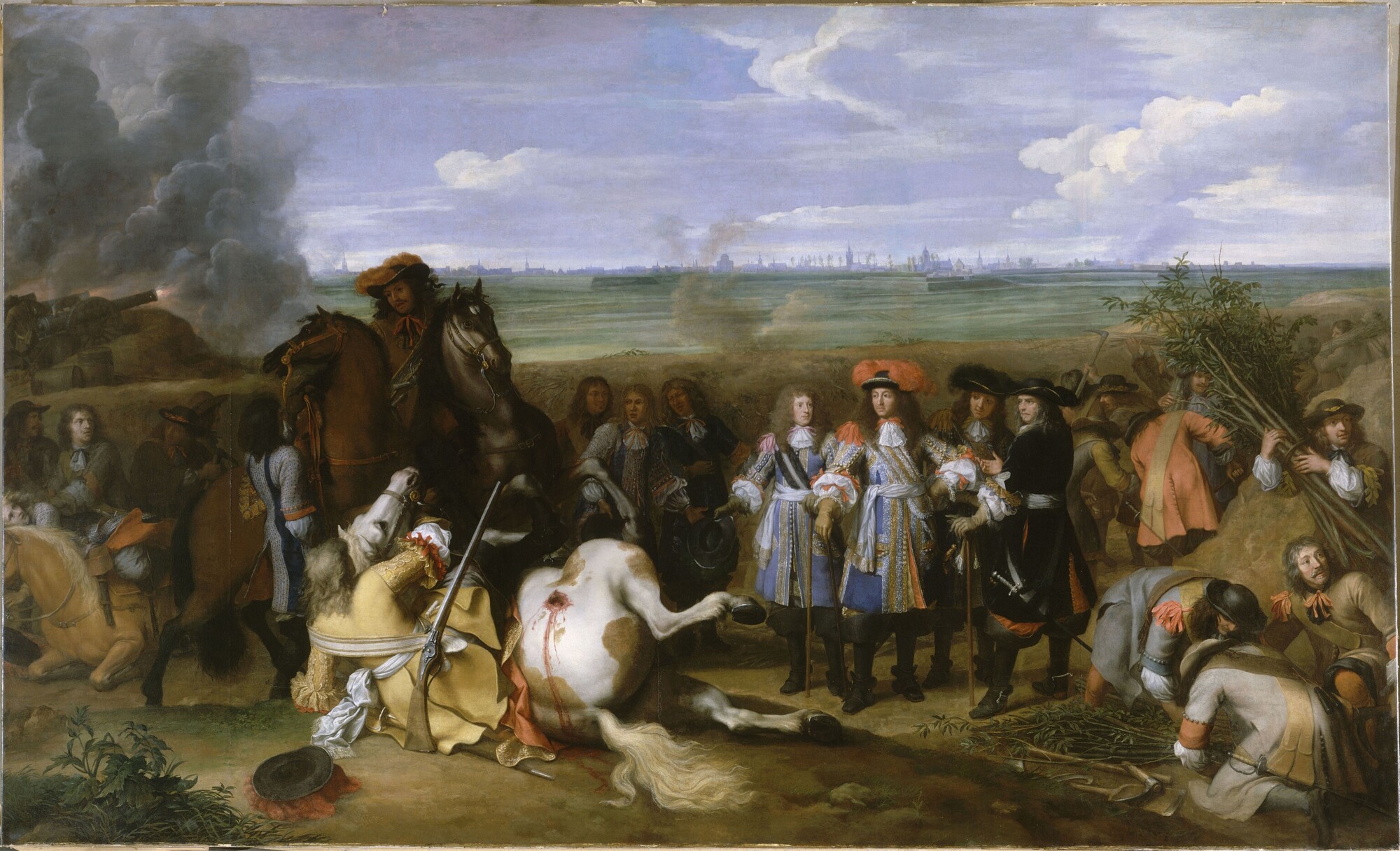|
Jean De Silhon
Jean de Silhon (1596, Sos, Lot-et-Garonne – February 1667, Paris) was a French philosopher and politician. He was a founding member, and the first to occupy seat 24 of the Académie française in 1634. At Cardinal Richelieu Armand Jean du Plessis, Duke of Richelieu (; 9 September 1585 – 4 December 1642), known as Cardinal Richelieu, was a French clergyman and statesman. He was also known as ''l'Éminence rouge'', or "the Red Eminence", a term derived from the ...'s prompting, he defended the concept of reason of state, arguing that the political necessities under which the State operates mean that it need not always follow normal laws of ethics, such as telling the truth. Reason of state was thus, he said, "a mean between that which conscience permits and affairs require."W.F. Church, ''Richelieu and Reason of State'' (Princeton, Princeton University Press, 1973), 168. References * 1596 births 1667 deaths People from Lot-et-Garonne French philosophers Member ... [...More Info...] [...Related Items...] OR: [Wikipedia] [Google] [Baidu] |
Sos, Lot-et-Garonne
Sos (; Gascon: ''Sòs'' or ''Sòç'') is a commune in the Lot-et-Garonne department in south-western France. See also *Communes of the Lot-et-Garonne department The following is a list of the 319 communes of the French department of Lot-et-Garonne. The communes cooperate in the following intercommunalities (as of 2022):Communes of Lot-et-Garonne {{LotGaronne-geo-stub ... [...More Info...] [...Related Items...] OR: [Wikipedia] [Google] [Baidu] |
Paris
Paris () is the capital and most populous city of France, with an estimated population of 2,165,423 residents in 2019 in an area of more than 105 km² (41 sq mi), making it the 30th most densely populated city in the world in 2020. Since the 17th century, Paris has been one of the world's major centres of finance, diplomacy, commerce, fashion, gastronomy, and science. For its leading role in the arts and sciences, as well as its very early system of street lighting, in the 19th century it became known as "the City of Light". Like London, prior to the Second World War, it was also sometimes called the capital of the world. The City of Paris is the centre of the Île-de-France region, or Paris Region, with an estimated population of 12,262,544 in 2019, or about 19% of the population of France, making the region France's primate city. The Paris Region had a GDP of €739 billion ($743 billion) in 2019, which is the highest in Europe. According to the Economist Intelli ... [...More Info...] [...Related Items...] OR: [Wikipedia] [Google] [Baidu] |
Académie Française
An academy (Attic Greek: Ἀκαδήμεια; Koine Greek Ἀκαδημία) is an institution of secondary education, secondary or tertiary education, tertiary higher education, higher learning (and generally also research or honorary membership). The name traces back to Plato's school of philosophy, founded approximately 385 BC at Akademia, a sanctuary of Athena, the goddess of wisdom and Skills, skill, north of Ancient Athens, Athens, Greece. Etymology The word comes from the ''Academy'' in ancient Greece, which derives from the Athenian hero, ''Akademos''. Outside the city walls of Athens, the Gymnasium (ancient Greece), gymnasium was made famous by Plato as a center of learning. The sacred space, dedicated to the goddess of wisdom, Athena, had formerly been an olive Grove (nature), grove, hence the expression "the groves of Academe". In these gardens, the philosopher Plato conversed with followers. Plato developed his sessions into a method of teaching philosophy and in 3 ... [...More Info...] [...Related Items...] OR: [Wikipedia] [Google] [Baidu] |
Cardinal Richelieu
Armand Jean du Plessis, Duke of Richelieu (; 9 September 1585 – 4 December 1642), known as Cardinal Richelieu, was a French clergyman and statesman. He was also known as ''l'Éminence rouge'', or "the Red Eminence", a term derived from the title "Eminence" applied to cardinals and the red robes that they customarily wear. Consecrated a bishop in 1607, Richelieu was appointed Foreign Secretary in 1616. He continued to rise through the hierarchy of both the Catholic Church and the French government by becoming a cardinal in 1622 and chief minister to King Louis XIII of France in 1624. He retained that office until his death in 1642, when he was succeeded by Cardinal Mazarin, whose career he had fostered. He also became engaged in a bitter dispute with the king's mother, Marie de Médicis, who had once been a close ally. Richelieu sought to consolidate royal power and restrained the power of the nobility in order to transform France into a strong centralized state. In foreig ... [...More Info...] [...Related Items...] OR: [Wikipedia] [Google] [Baidu] |
National Interest
The national interest is a sovereign state's goals and ambitions (economic, military, cultural, or otherwise), taken to be the aim of government. Etymology The Italian phrase ''ragione degli stati'' was first used by Giovanni della Casa around the year 1547. The expression "reason of state" (''Ragion di Stato'') was championed by Italian diplomat and political thinker Niccolò Machiavelli, and was later popularised by Italian political thinker Giovanni Botero around 1580s,. Prominently, Chief Minister Cardinal Richelieu justified France's intervention on the Protestant side, despite its own Catholicism, in the Thirty Years' War as being in the national interest in order to block the increasing power of the Catholic Holy Roman Emperor. At Richelieu's prompting, Jean de Silhon defended the concept of ''raison d'État'' as "a mean between what conscience permits and affairs require."Thuau, E. 1996. ''Raison d'État et Pensée Politique a l'époque de Richelieu.'' Paris: Armand Co ... [...More Info...] [...Related Items...] OR: [Wikipedia] [Google] [Baidu] |
1596 Births
Events January–June * January 6– 20 – An English attempt led by Francis Drake to cross the Isthmus of Panama ends in defeat. * January 28 – Francis Drake dies of dysentery off Portobelo. * February 14 – Archbishop John Whitgift begins building his hospital at Croydon. * April 9 – Siege of Calais: Spanish troops capture Calais. * May 18 – Willem Barents leaves Vlie, on his third and final Arctic voyage. * June – Sir John Norreys and Sir Geoffrey Fenton travel to Connaught, to parley with the local Irish lords. * June 10 – Willem Barents and Jacob van Heemskerk discover Bear Island. * June 17 – Willem Barents discovers Spitsbergen. * June 24 – Cornelis de Houtman arrives in Banten, the first Dutch sailor to reach Indonesia.. July–December * July 5 – Capture of Cádiz: An English fleet, commanded by Robert Devereux, 2nd Earl of Essex, and Lord Howard of Effingham, sacks Cádiz. * July 14 – King Dominicus Corea (Edirille Bandara) is beheaded ... [...More Info...] [...Related Items...] OR: [Wikipedia] [Google] [Baidu] |
1667 Deaths
Events January–March * January 11 – Aurangzeb, monarch of the Mughal Empire, orders the removal of Rao Karan Singh as Maharaja of the Bikaner State (part of the modern-day Rajasthan state of India) because of Karan's dereliction of duty in battle. * January 19 – The town of Anzonico in Switzerland is destroyed by an avalanche. * January 27 – The 2,000 seat Opernhaus am Taschenberg, a theater in Dresden (capital of the Electorate of Saxony) opens with its first production, Pietro Ziani's opera ''Il teseo''. * February 5 – In the Second Anglo-Dutch War, the English Royal Navy warship HMS ''Saint Patrick'' is captured less than nine months after being launched, when it fights a battle off the coast of England and North Foreland, Kent. Captain Robert Saunders and 8 of his crew are killed while fighting the Dutch ships ''Delft'' and ''Shakerlo''. The Dutch Navy renames the ship the ''Zwanenburg''. * February 6 (January 27 O.S.) – The T ... [...More Info...] [...Related Items...] OR: [Wikipedia] [Google] [Baidu] |
People From Lot-et-Garonne
A person ( : people) is a being that has certain capacities or attributes such as reason, morality, consciousness or self-consciousness, and being a part of a culturally established form of social relations such as kinship, ownership of property, or legal responsibility. The defining features of personhood and, consequently, what makes a person count as a person, differ widely among cultures and contexts. In addition to the question of personhood, of what makes a being count as a person to begin with, there are further questions about personal identity and self: both about what makes any particular person that particular person instead of another, and about what makes a person at one time the same person as they were or will be at another time despite any intervening changes. The plural form "people" is often used to refer to an entire nation or ethnic group (as in "a people"), and this was the original meaning of the word; it subsequently acquired its use as a plural form of pe ... [...More Info...] [...Related Items...] OR: [Wikipedia] [Google] [Baidu] |
French Philosophers
French (french: français(e), link=no) may refer to: * Something of, from, or related to France ** French language, which originated in France, and its various dialects and accents ** French people, a nation and ethnic group identified with France ** French cuisine, cooking traditions and practices Fortnite French places Arts and media * The French (band), a British rock band * "French" (episode), a live-action episode of ''The Super Mario Bros. Super Show!'' * ''Française'' (film), 2008 * French Stewart (born 1964), American actor Other uses * French (surname), a surname (including a list of people with the name) * French (tunic), a particular type of military jacket or tunic used in the Russian Empire and Soviet Union * French's, an American brand of mustard condiment * French catheter scale, a unit of measurement of diameter * French Defence, a chess opening * French kiss, a type of kiss involving the tongue See also * France (other) * Franch, a surname * French ... [...More Info...] [...Related Items...] OR: [Wikipedia] [Google] [Baidu] |
Members Of The Académie Française
Member may refer to: * Military jury, referred to as "Members" in military jargon * Element (mathematics), an object that belongs to a mathematical set * In object-oriented programming, a member of a class ** Field (computer science), entries in a database ** Member variable, a variable that is associated with a specific object * Limb (anatomy), an appendage of the human or animal body ** Euphemism for penis * Structural component of a truss, connected by nodes * User (computing), a person making use of a computing service, especially on the Internet * Member (geology), a component of a geological formation * Member of parliament * The Members, a British punk rock band * Meronymy, a semantic relationship in linguistics * Church membership, belonging to a local Christian congregation, a Christian denomination and the universal Church * Member, a participant in a club or learned society A learned society (; also learned academy, scholarly society, or academic association) is a ... [...More Info...] [...Related Items...] OR: [Wikipedia] [Google] [Baidu] |
People Of The Ancien Régime
A person ( : people) is a being that has certain capacities or attributes such as reason, morality, consciousness or self-consciousness, and being a part of a culturally established form of social relations such as kinship, ownership of property, or legal responsibility. The defining features of personhood and, consequently, what makes a person count as a person, differ widely among cultures and contexts. In addition to the question of personhood, of what makes a being count as a person to begin with, there are further questions about personal identity and self: both about what makes any particular person that particular person instead of another, and about what makes a person at one time the same person as they were or will be at another time despite any intervening changes. The plural form "people" is often used to refer to an entire nation or ethnic group (as in "a people"), and this was the original meaning of the word; it subsequently acquired its use as a plural form of per ... [...More Info...] [...Related Items...] OR: [Wikipedia] [Google] [Baidu] |





_1938.jpg)